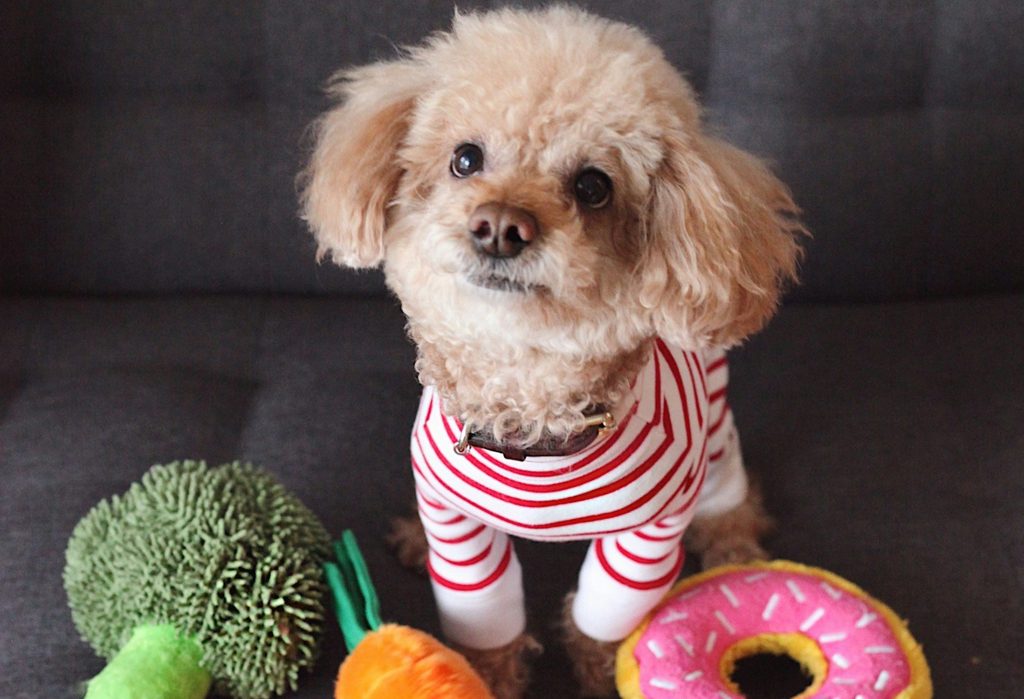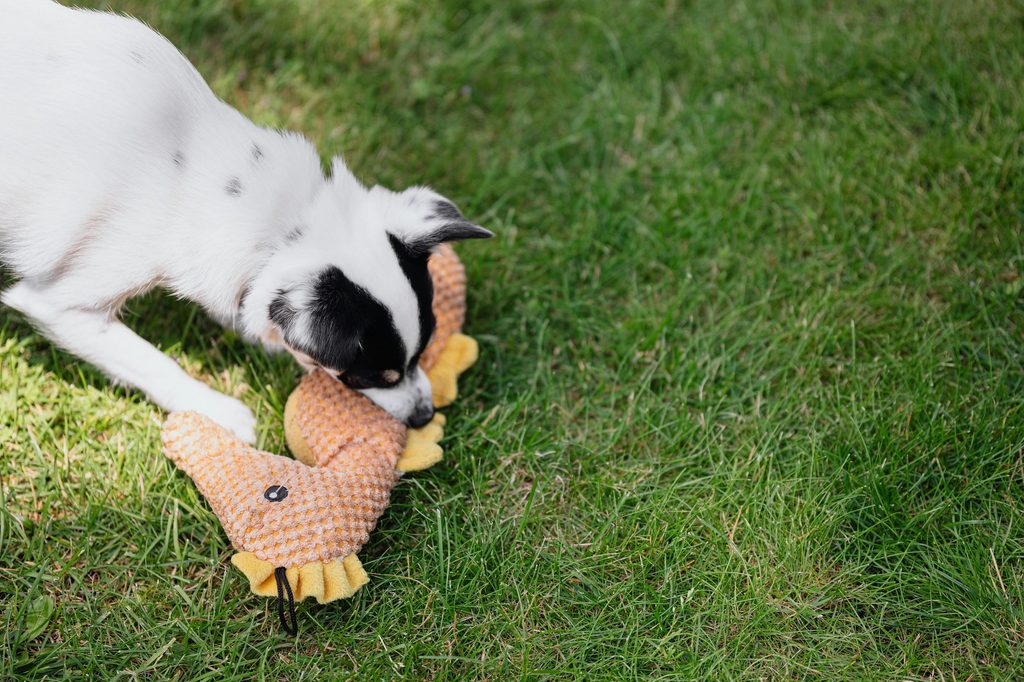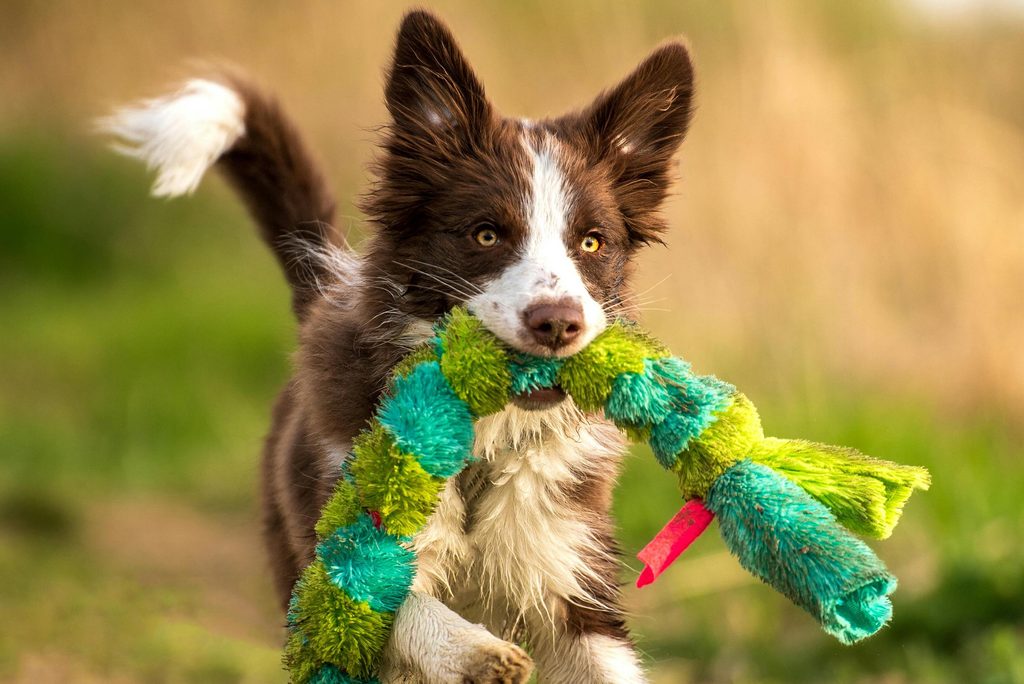
If you have a particularly playful dog at home, it’s not unusual to spend nearly as much money buying squeaky toys as you do on your dog’s food. Destructive dogs have a knack for de-stuffing and de-squeaking toys in record-setting time, but it’s still worth it when you’re cleaning up shredded toys instead of your new shoes.
But why do dogs like squeaky toys so much? There’s something about the high-pitched sound that gets most dogs worked up, but there’s no denying that some pups are downright obsessed. Here’s what you’ll want to know.
Squeaky toys allow your dog to indulge their natural hunting instincts

If your pup is a loyal little lap dog or a big floppy goofball, it can be easy to forget that they’re still natural hunters. Wild dogs and wolves are predators through and through, so it’s no surprise that some of that instinct still affects your dog’s behavior.
The squeaky sound that these toys make triggers hunting instincts in your dog because it sounds like an animal in distress. Many dogs even go as far as to chomp on the squeaker until it breaks, “killing” their prey and leaving them feeling satisfied. It may be unsettling to imagine your dog delighting in the thought of hurting a small animal, but remember, this is a completely natural survival instinct. Chewing and tearing up toys is a much healthier (and less destructive) way for dogs to satisfy this instinct than actually hunting, so it’s nothing to worry about.
Toys with squeakers can also be especially motivating for dogs while they’re playing. By making the toy squeak, they’re getting the message that their biting, tugging, and shaking are effective. This also ties into hunting instinct, as this mimics the sound of a successful hunt.
Some dog breeds, like hunting dogs and herding dogs, may have higher hunting instincts than other pups, but any dog can learn or unlearn compulsive behaviors. If your dog has a habit of chasing cats, squirrels, or small animals, try consulting with a certified dog trainer to find the best methods of redirection and desensitization for you to try together. One thing you should never do, however, is restrict your dog from playing with appropriate toys.
Playing with toys means quality time with loved ones

Whether your dog has any hint of hunting instinct or not, they may enjoy playing with squeaky toys or any toys because it means they get to spend quality time with you or another family member. When dogs play together, their whole focus is on one another, and they’re living completely in the moment. You may find yourself doing the same when you put everything down to play with your pup, so it’s no wonder they enjoy this time with you.
Squeaky dog toys can become annoying for dog owners who have to hear them around the clock, but you can rest assured that your dog is simply playing and having a good time. Best of all, they’re following their instincts in a safe, healthy, and minimally destructive way.



